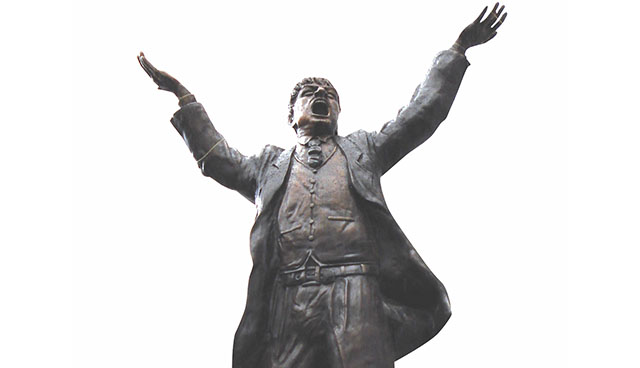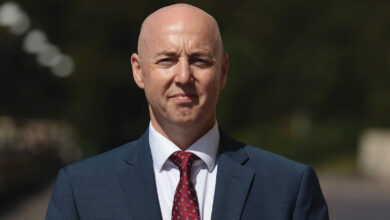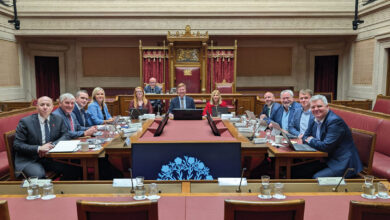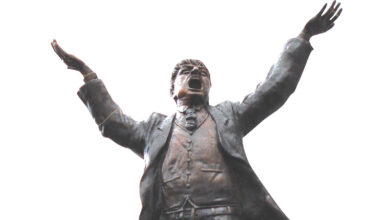
A scandal is not an interruption of business as usual, rather it is a revelation of it, writes the ICTU’s John O’Farrell.
Despite complaints from some, the appalling treatment of P&O workers by its Gulf owners, DP World, would not have been prevented if we were still in the EU, nor if the Tories had supported Labour’s bill to outlaw ‘hire and fire’ last autumn, nor if Gerry Carroll MLA’s Trade Union Freedom Bill had passed in the Assembly’s mandate.
Almost certainly, P&O acted legally, and that is the real problem. The workers were employed on ships registered in Cyprus, the Bahamas, or Bermuda, and employed by three Jersey-based arms of P&O Ferries. A very similar outrage was imposed upon the employees of Irish Ferries in 2004, when local staff were summarily dispensed with and replaced by workers technically employed through a third-party agency.
Seafarers have many similar tales, and it is very common for fishermen working out of harbours in Northern Ireland to be employed through the Philippines, Egypt, or Ukraine, as ‘residence’ is a movable feast when outside territorial waters.
So, there is the precarious, cold, occasionally lethal work of ‘off-shore’ labour for the crew of a ship, or the absurdly rewarded and cosseted world of ‘off-shore’ for lawyers, accountants and financial advisors who facilitate tax havens, often in sight of those working on boats; the Isle of Man, the Channel Islands, or warmer boltholes for money and reputation such as Cyprus, the Bahamas or Bermuda.
What tax havens offer to the rich and unscrupulous is “politically stable facilities to help people or entities get around the rules, laws and regulations of jurisdictions elsewhere”, as defined by Nicholas Shaxson in his 2011 book Treasure Islands (and reviewed in agendaNi).
So, while these havens transfer billions from tax authorities to the already wealthy, they also offer discretion, safe from the prying eyes of the press (apart from the odd explosive leak, soon forgotten) or the laws of democratic assemblies, but that shouldn’t prevent us from cleaning up our corners of the stable.
What the UK needs is fresh legislation, as the TUC demanded of Parliament after the P&O heist and as NIC-ICTU has been seeking of MLAs and Northern Ireland parties. We want it as a priority for the incoming Executive and its Programme for Government, if and when a new Executive is formed after the May election.
We in NIC-ICTU strongly support clause X page 44 of the New Decade, New Approach agreement on workers’ rights, an agreement that all parties signed up to. This clause, and its intentions, must form the basis of any Employment Bill, otherwise it will not receive the support of workers and we would reserve our right to lobby and campaign against such a bill if it does not adequately address serious gaps in our employment law once and for all.
As Christopher Hitchens noted, a scandal is not an interruption of business as usual, rather it is a revelation of it. The only surprise we are entitled to feel is that we can still be occasionally shocked by the brutality of unregulated business and the unconstrained selfishness of the global elite which our populists are not too concerned about.
If we can create a decent landscape across these islands and this continent, then we can challenge the toxic influence and dark money of ‘off-shore’.





